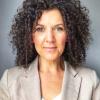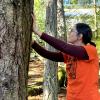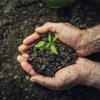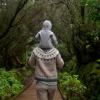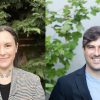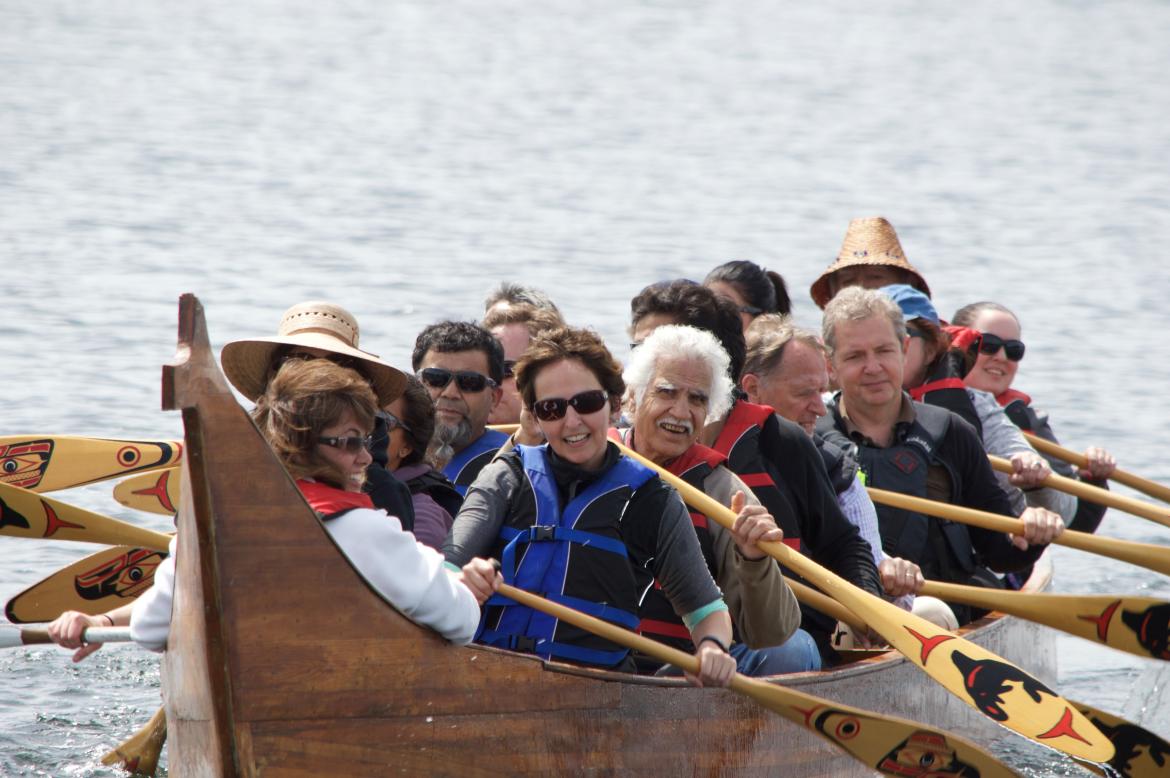
Delegates participating in VIU’s Indigenous Knowledge and Portfolio Dialogue Sessions paddled across to Newcastle Island to honour Snuneymuxw Traditional Territory and Ceremony. (Photo contribute - Glen Brouwer)
June 7, 2016 - 10:30am
VIU’s Office of Aboriginal Education and Engagement brings scholars and Elders together to affirm traditional knowledge as a teaching method
With a focus on land-based teachings and traditional knowledge, the Indigenous Knowledge and Portfolio Dialogue Sessions, hosted at Vancouver Island University’s (VIU) Nanaimo Campus, brought delegates from around the world to discuss how best to weave oral history and teachings from the past into modern-day life.
The event included students presenting their portfolios; a paddle in traditional Coast Salish canoes to Newcastle Island and a pit cook on Cowichan Tribe traditional territory.
VIU Director of Aboriginal Education Sharon Hobenshield says the sessions came about thanks to a partnership they have with Loyalist College in Belleville, Ontario and the University of Chile in Santiago.
“Hosting the Indigenous Knowledge and Portfolio Dialogue Sessions was our way of sharing our progress and having our Elders share their ideas on how best to continue to incorporate traditional knowledge and culture into the Aboriginal curriculum in a meaningful and impactful way,” said Hobenshield.
Cowichan Tribe member Richard Charlie completed an Indigenous Learning and Recognition Portfolio (ILRP) course and was one of several student presenters at the sessions. ILRP provides an opportunity for students to assess their prior learning experiences by creating personalized portfolios. Through a model developed by VIU faculty and Elders called the Canoe of Life, students record their past experiential learning and in the process validate knowledge and skills that come from family, community and their unique cultural backgrounds.
Charlie shared his portfolio which was a snapshot of his life showing a series of events that led to him spending time at the Nanaimo Correctional Centre. It was there that he evaluated his life and began to remember where he came from.
Through that process he realized what he learned from his family as a young man – hunting, fishing, dressing a deer and how to live on the land – were skills he could use as he prepared himself for a new future. He gained confidence and took advantage of the courses that were made available to him through the Tillicum Lelum Aboriginal Friendship Centre and VIU’s Aboriginal University Bridging program.
“I was shown that I had skills that were worthwhile and unique and that university was something that I could do if I worked hard for it. It’s why I’m standing here today telling you my story,” said Charlie, who is currently a student in VIU’s Fisheries and Aquaculture program.
Hobenshield says Canoe of Life is a metaphor for creating a portfolio which provides connection to land that holds Indigenous people’s history, language, cultural teachings and knowledge. She expressed her admiration for the students who shared their process in developing their portfolios.
“They showed great courage in relaying personal stories in such a public setting. It was powerful and humbling to witness,” said Hobenshield.
Pedro Valenzuela works closely with the University of Chile and is president of an Indigenous organization called the Asociacion Indigena Mapuche Tain Adkinmin that works on community-based projects in Santiago.
“For me going in the canoes and out on the ocean was a powerful, practical experience. That kind of activity is something I will bring back with me. It was an experiential experience and it brought us all together in a significant way,” said Valenzuela through a translator. “What VIU is doing here has great value. The fact that Indigenous knowledge is part of the curriculum is a statement. It says that Indigenous knowledge has value.”
He was especially touched by Charlie and the other students who presented their portfolios.
“The stories I am hearing remind us that in life, it’s possible to regenerate and overcome our past. We do that by re-encountering our true culture and reclaiming our true past,” said Valenzuela. “I hear these stories repeat with different emphasis and tone. In Canada, in Bolivia, in Cuba, in Chile – no matter the place they are all so similar. The story in my community is about healing and restoration and recovering our culture after experiencing generations of destruction. It is a story being told the world over.”
The Indigenous Knowledge and Portfolio Dialogue Sessions were supported by funding from the Social Sciences and Humanities Research Council of Canada and the VIU Research and Scholarly Activity Office through a Community Engagement Accelerator Grant. For more information about Aboriginal education at VIU please go to Office of Aboriginal Education and Engagement.
-30-
Media Contact:
Dane Gibson, Communications Officer, Vancouver Island University
P: 250.740.6288 | E: Communications@viu.ca T: #viunews
Tags: Teaching and Learning

